What it's like to live and work in a National Park
Cumbrian farmer Douglas Chalmers weighs the pros and cons of living in a national park.
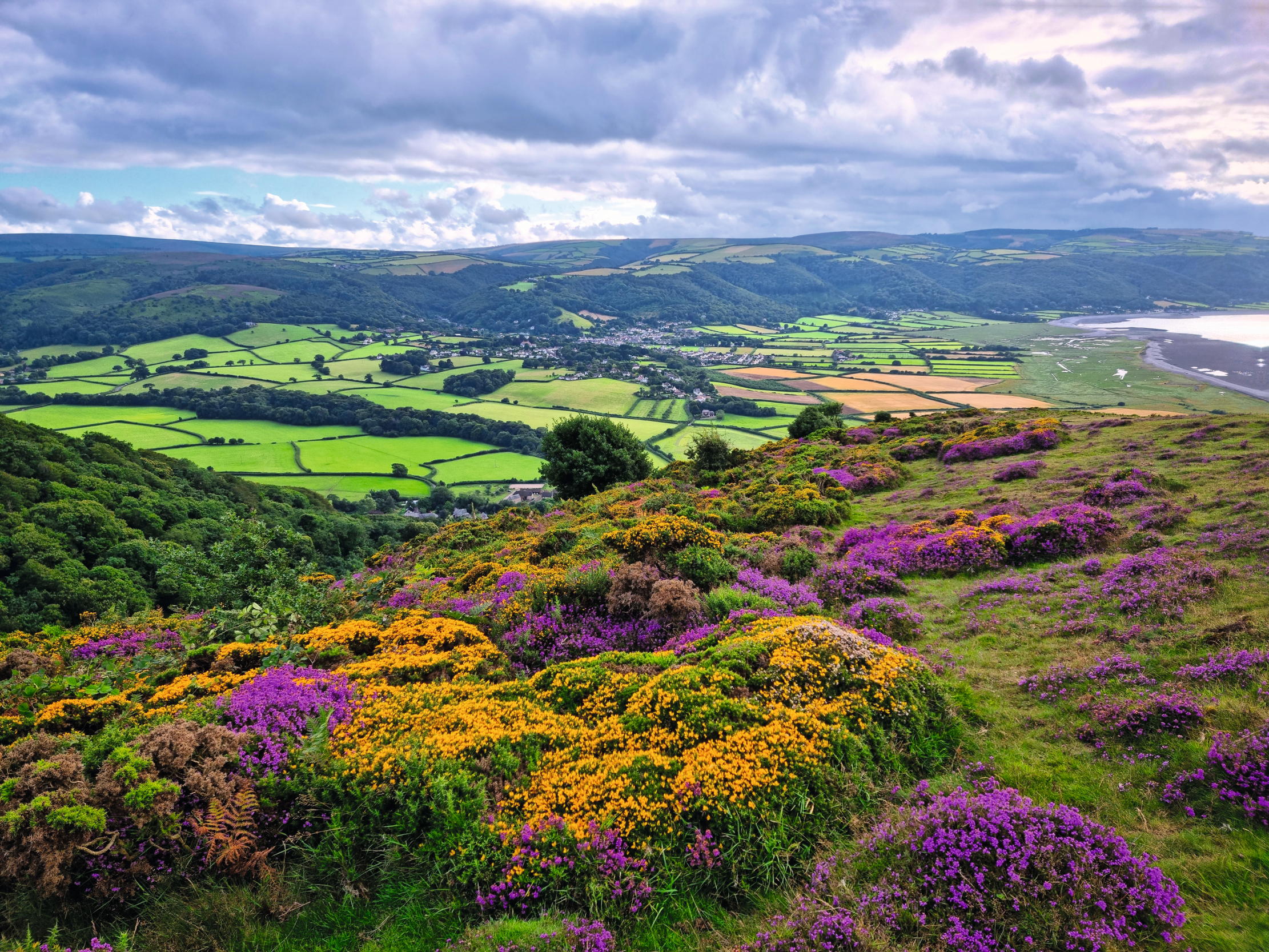
When proposals were first mooted for a significant increase in area to the Yorkshire Dales and a smaller extension to the Lake District, effectively letting the parks meet across the M6 in Cumbria, resistance was strong. During one meeting, objections rose from 93% to 98%. By the time the public inquiry was announced a few years later, feelings had changed: around Kirkby Lonsdale and the Lune Valley, resistance had hardened to 100%; further north, in the area now known as the Westmorland Dales, opinion had moved to exactly 50:50.
The sparsely populated Westmorland Dales was often described as a ‘hidden landscape’. Millions of people saw it from the M6, the A685, from trains or from the many walking or cycling routes across it, but few stopped to spend any money. Perhaps the residents could only see a future of continuing falling incomes and felt that being part of a national park could bring new options.
Since being designated part of the Yorkshire Dales, the area has benefited from a Landscape Partnership Scheme attracting more than £2 million from the National Lottery Heritage Fund and £1 million-plus from local match funding and volunteer time. By bringing together communities, farmers and businesses, and by providing skills and training, the scheme will leave a legacy of a stronger socio-economic base for future conservation.
"Being in a national park is neither a copper-bottomed advantage nor a guaranteed threat"
Since then, there have been moves, instigated by parish councils, to extend the Lake District’s southern boundary, covering the Millom, Furness and Cartmel peninsulas and the estuaries of the Duddon, Leven and Kent rivers. The idea is supported by the original 1940s Hobhouse Report, which recommended that this area should have been in the original park, and by new research. Consultations showed most locals in favour of, or relaxed about, the proposals. Farmers were looking at challenging post-Brexit conditions and many believed that securing environmental payments was one of few options.
Of course, many people feel that business has been stifled by being in a national park — the CLA says that people in the countryside shouldn’t be ‘condemned to selling tea and scones’. Planning standards can be higher and more people may object. An initial reaction to potential designation is often: ‘But I’ll be stopped from expanding or diversifying.’
Being in a national park is neither a copper-bottomed advantage nor a guaranteed threat. The key is how well they are managed and how locals engage.
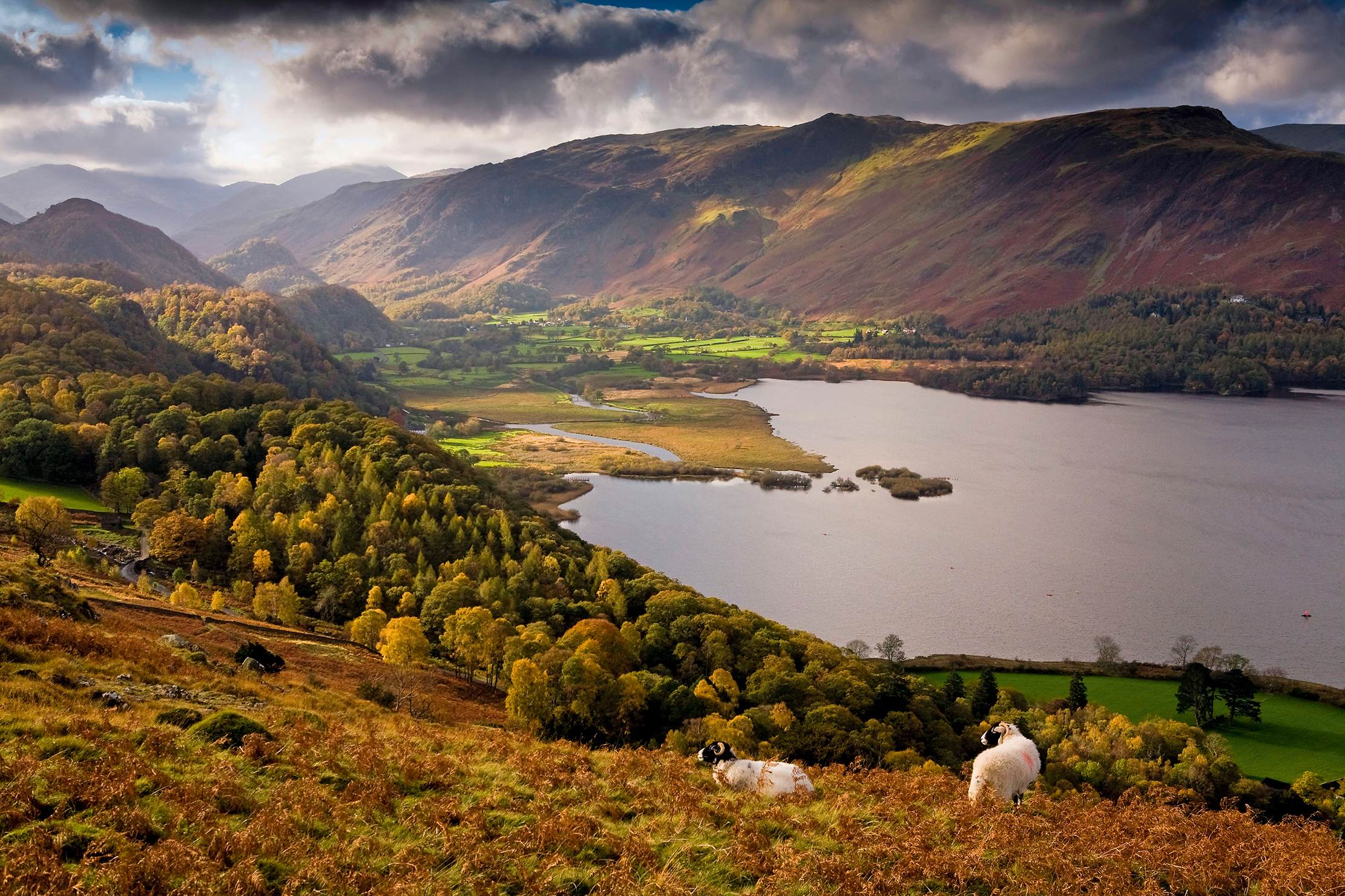
Opinion: It shouldn’t be a case of farming OR the environment — both sides will get more done working together
'Recently, we’ve talked about farming and the environment,' says Cumbria-based farmer Douglas Chalmers. 'The truth is that they are one
Sign up for the Country Life Newsletter
Exquisite houses, the beauty of Nature, and how to get the most from your life, straight to your inbox.
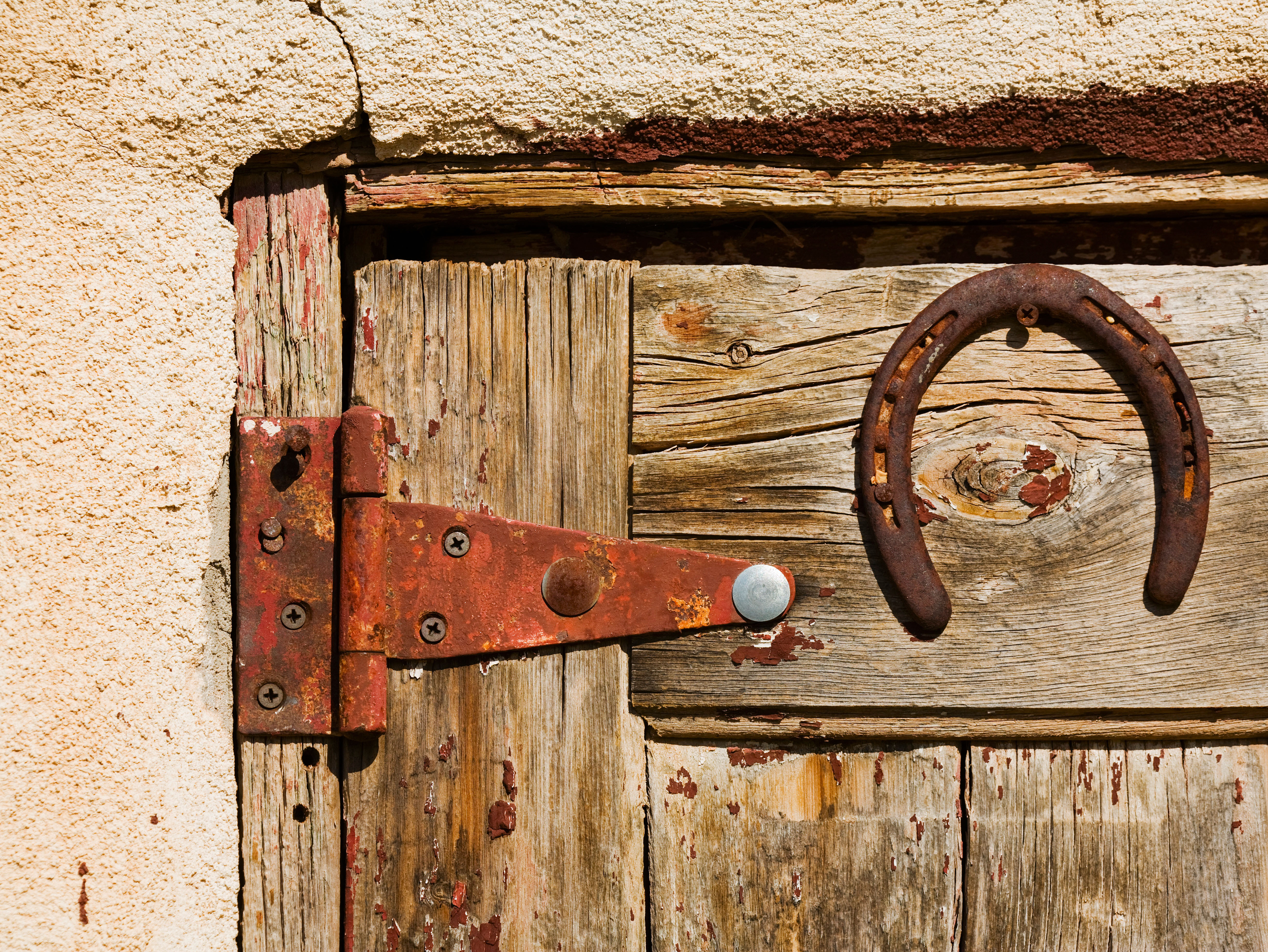
Credit: Alamy
Curious Questions: Why do we as a nation put so much faith in lucky charms?
Horatio Nelson had one, as did Capt Cook and flying ace Douglas Bader. The British Army has several. Jeremy Hobson
-
 'To exist in this world relies on the hands of others': Roger Powell and modern British bookbinding
'To exist in this world relies on the hands of others': Roger Powell and modern British bookbindingAn exhibition on the legendary bookbinder Roger Powell reveals not only his great skill, but serves to reconnect us with the joy, power and importance of real craftsmanship.
By Hussein Kesvani
-
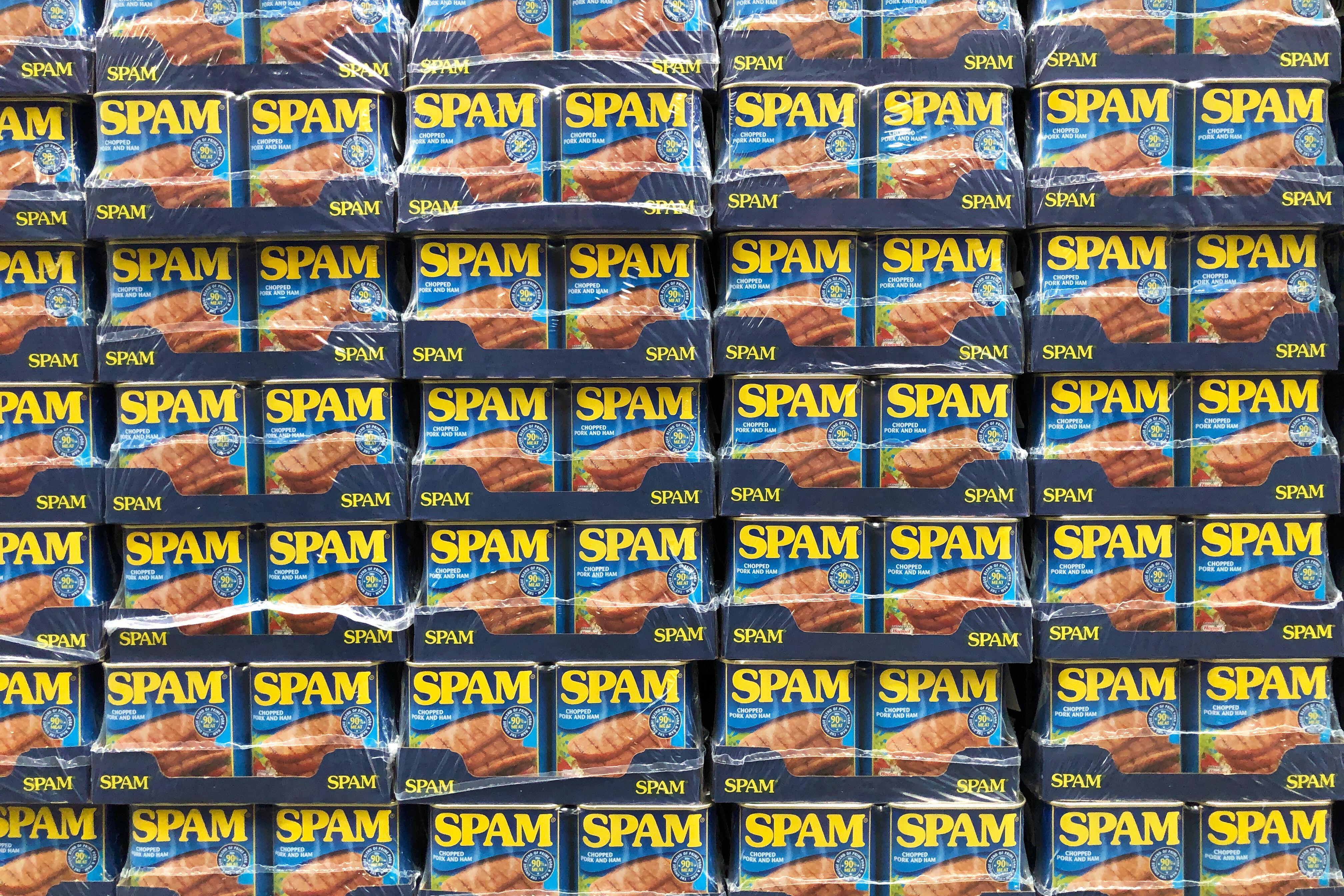 Spam: The tinned meaty treat that brought a taste of the ‘hot-dog life of Hollywood’ to war-weary Britain
Spam: The tinned meaty treat that brought a taste of the ‘hot-dog life of Hollywood’ to war-weary BritainCourtesy of our ‘special relationship’ with the US, Spam was a culinary phenomenon, says Mary Greene. So much so that in 1944, London’s Simpson’s, renowned for its roast beef, was offering creamed Spam casserole instead.
By Country Life
-
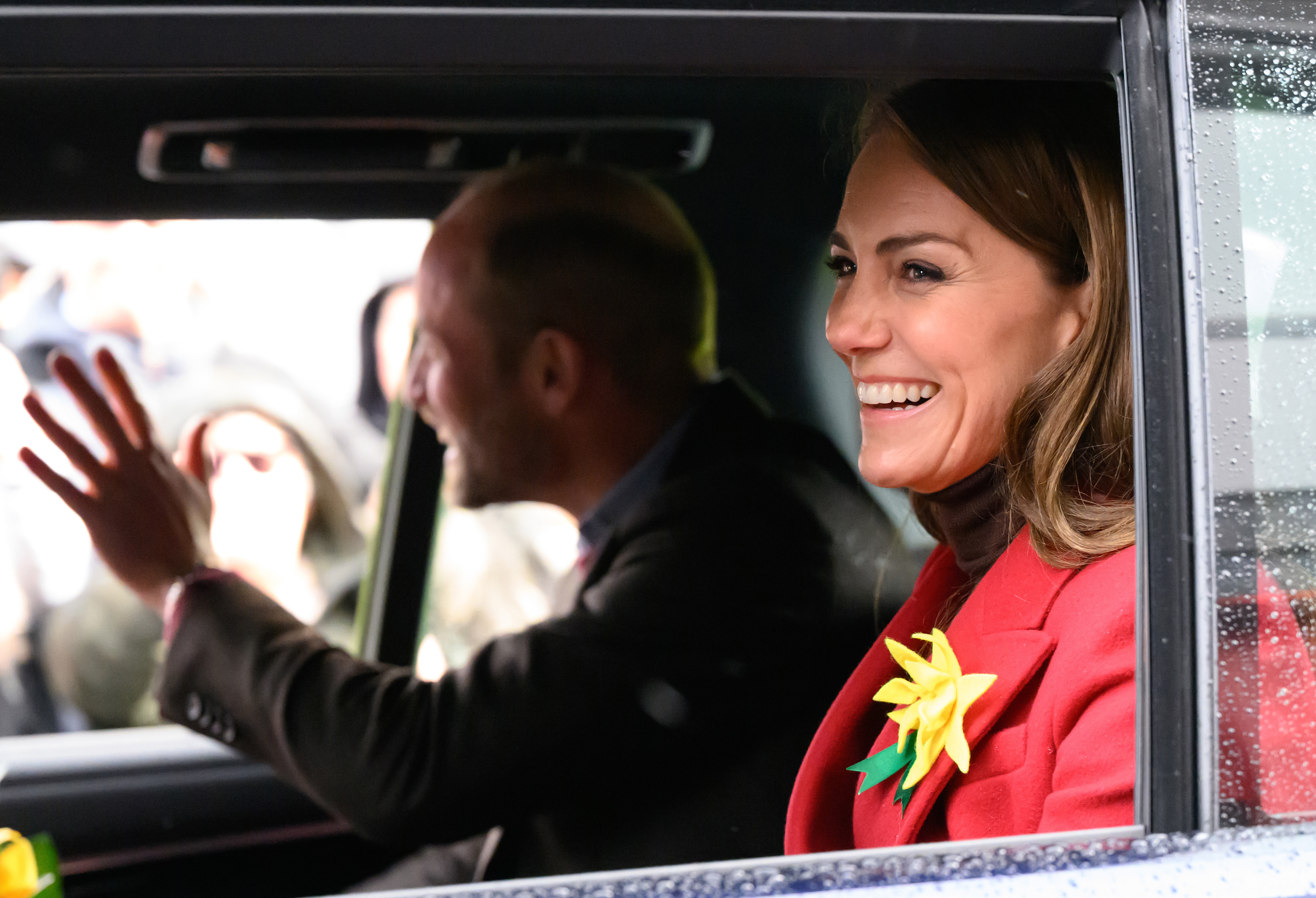 Curious Questions: Will the real Welsh daffodil please stand up
Curious Questions: Will the real Welsh daffodil please stand upFor generations, patriotic Welshmen and women have pinned a daffodil to their lapels to celebrate St David’s Day, says David Jones, but most are unaware that there is a separate species unique to the country.
By Country Life
-
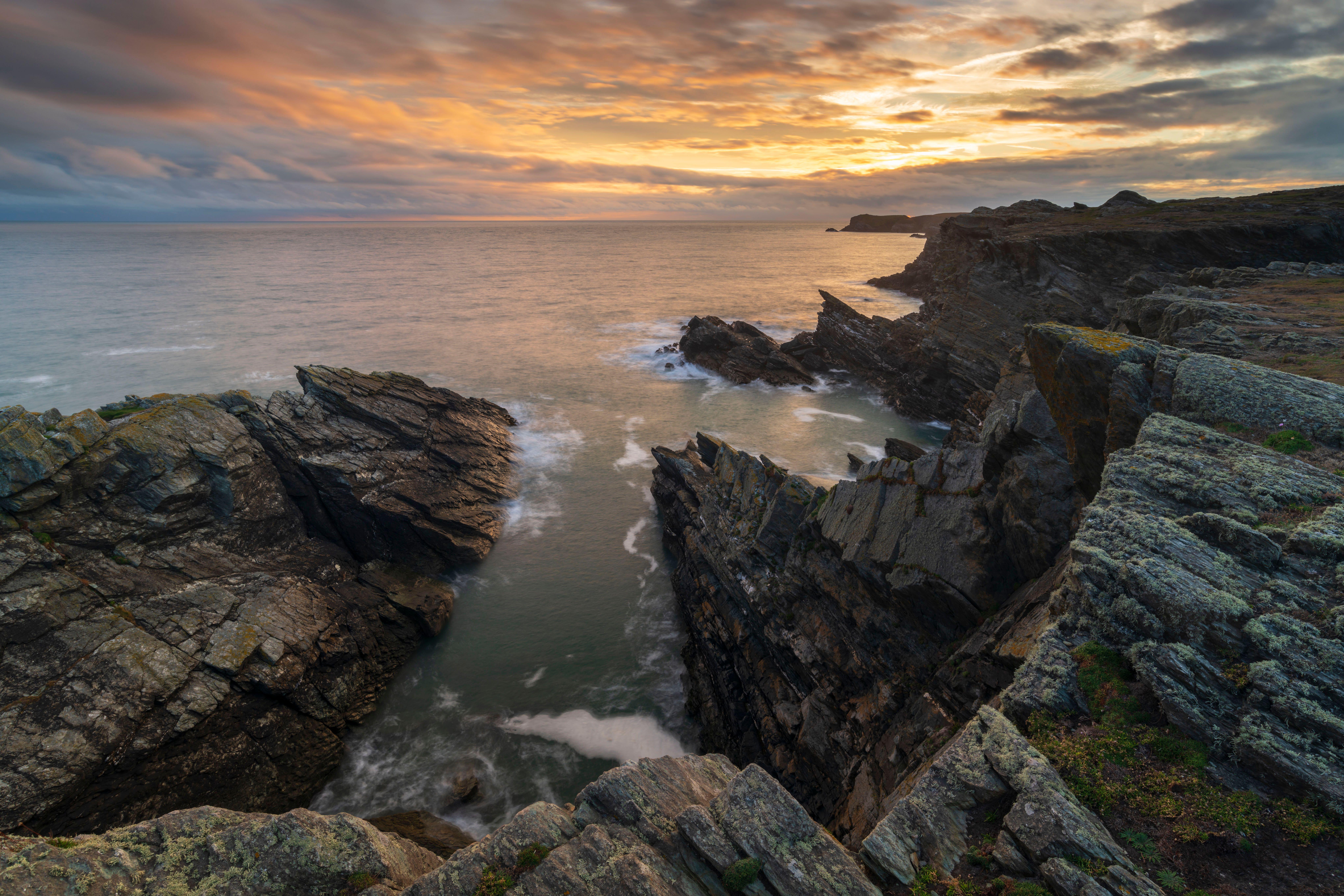 Nobody has ever been able to figure out just how long Britain's coastline is. Here's why.
Nobody has ever been able to figure out just how long Britain's coastline is. Here's why.Welcome to the Coastline Paradox, where trying to find an accurate answer is more of a hindrance than a help.
By Martin Fone
-
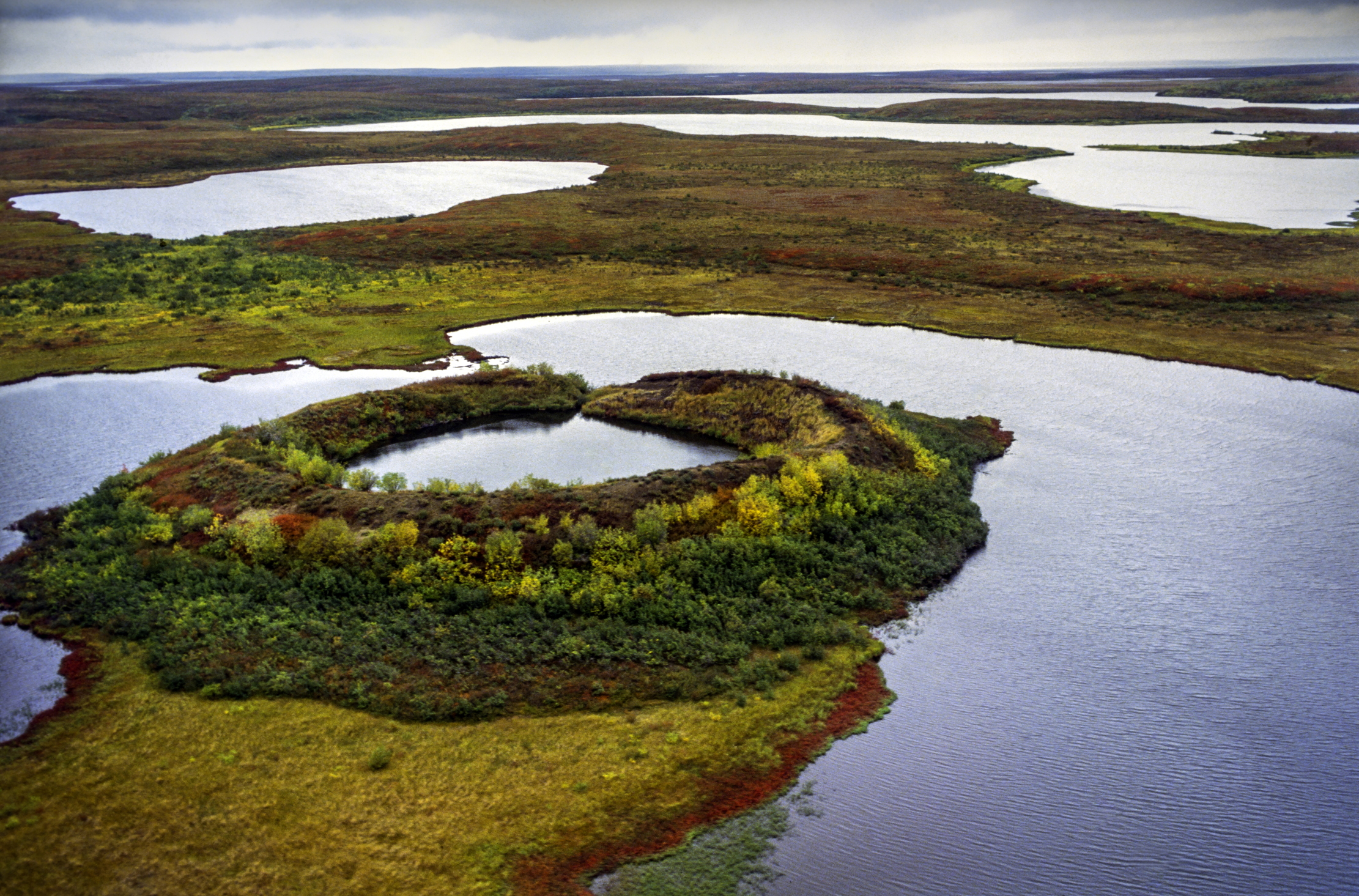 Curious questions: how an underground pond from the last Ice Age almost stopped the Blackwall Tunnel from being built
Curious questions: how an underground pond from the last Ice Age almost stopped the Blackwall Tunnel from being builtYou might think a pond is just a pond. You would be incorrect. Martin Fone tells us the fascinating story of pingo and dew ponds.
By Martin Fone
-
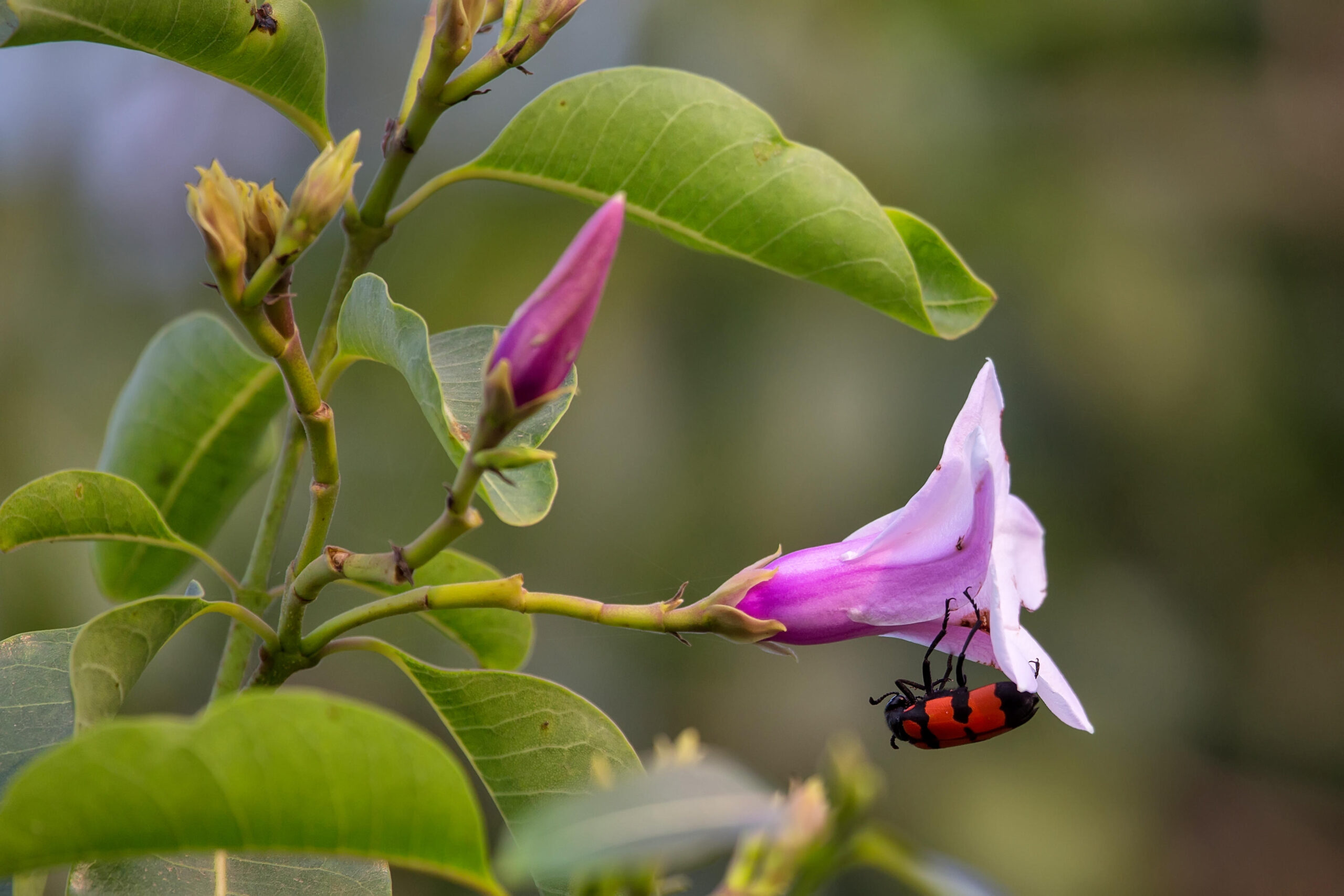 Curious Questions: What's in a (scientific) name? From Parastratiosphecomyia stratiosphecomyioides to Myxococcus llanfair pwll gwyn gyll go gery chwyrn drobwll llan tysilio gogo goch ensis, and everything in between
Curious Questions: What's in a (scientific) name? From Parastratiosphecomyia stratiosphecomyioides to Myxococcus llanfair pwll gwyn gyll go gery chwyrn drobwll llan tysilio gogo goch ensis, and everything in betweenScientific names are baffling to the layman, but carry all sorts of meanings to those who coin each new term. Martin Fone explains.
By Martin Fone
-
 Curious Questions: How did a scrotum joke confuse paleontologists for generations?
Curious Questions: How did a scrotum joke confuse paleontologists for generations?One of the earliest depictions of a fossil prompted a joke — or perhaps a misunderstanding — which coloured the view of dinosaur fossils for years. Martin Fone tells the tale of 'scrotum humanum'.
By Martin Fone
-
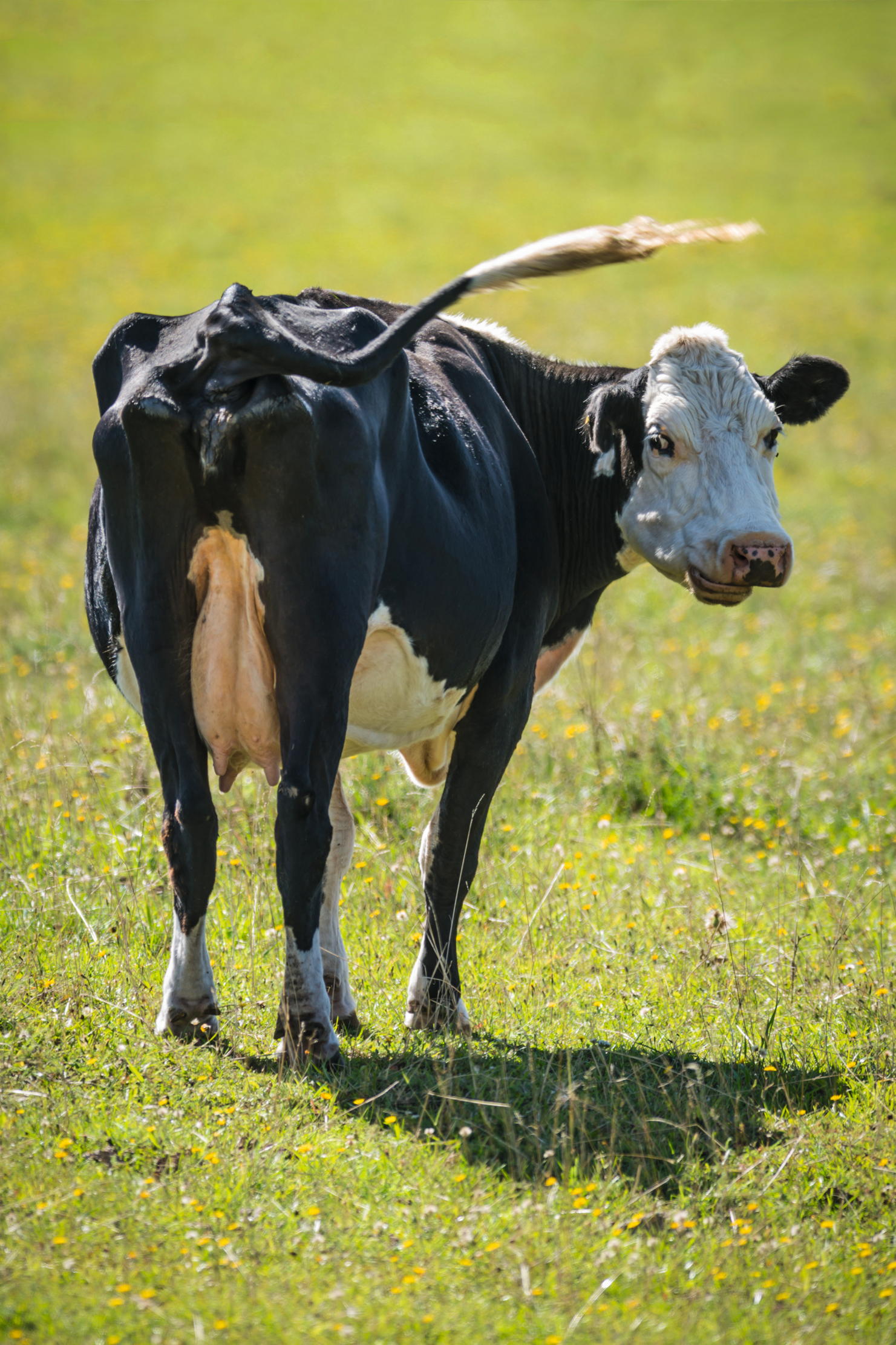 Curious Questions: Why do so many animals have bright white bottoms?
Curious Questions: Why do so many animals have bright white bottoms?Why do so many animals have such obviously flashy appendages, asks Laura Parker, as she examines scuts, rumps and rears.
By Laura Parker
-
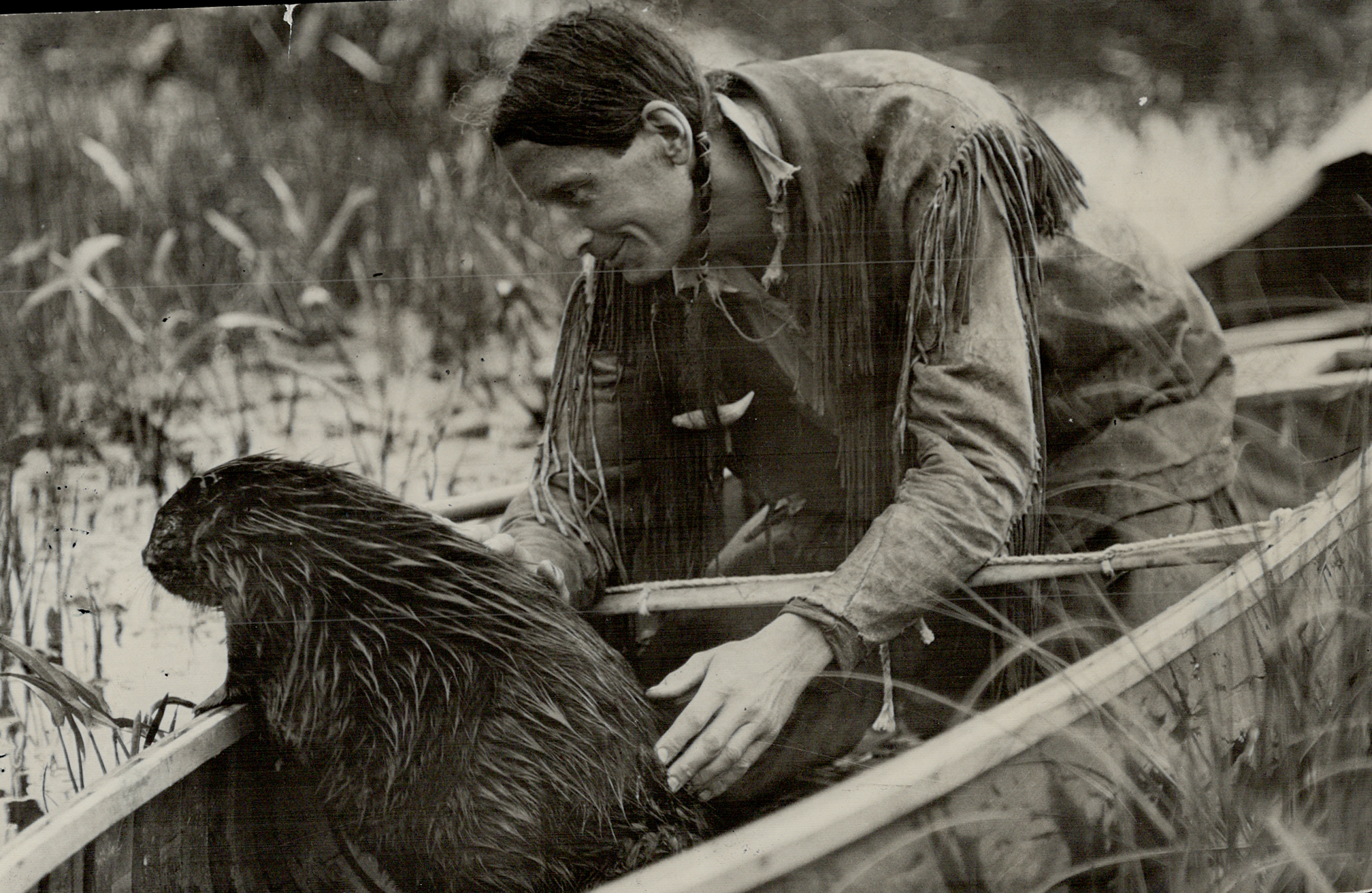 The 1930s eco-warrior who inspired David Attenborough and The Queen, only to be unmasked as a hoaxer and 'pretendian' — but his message still rings true
The 1930s eco-warrior who inspired David Attenborough and The Queen, only to be unmasked as a hoaxer and 'pretendian' — but his message still rings trueMartin Fone tells the astonishing story of Grey Owl, who became a household name in the 1930s with his pioneering calls to action to save the environment — using a false identity to do so.
By Martin Fone
-
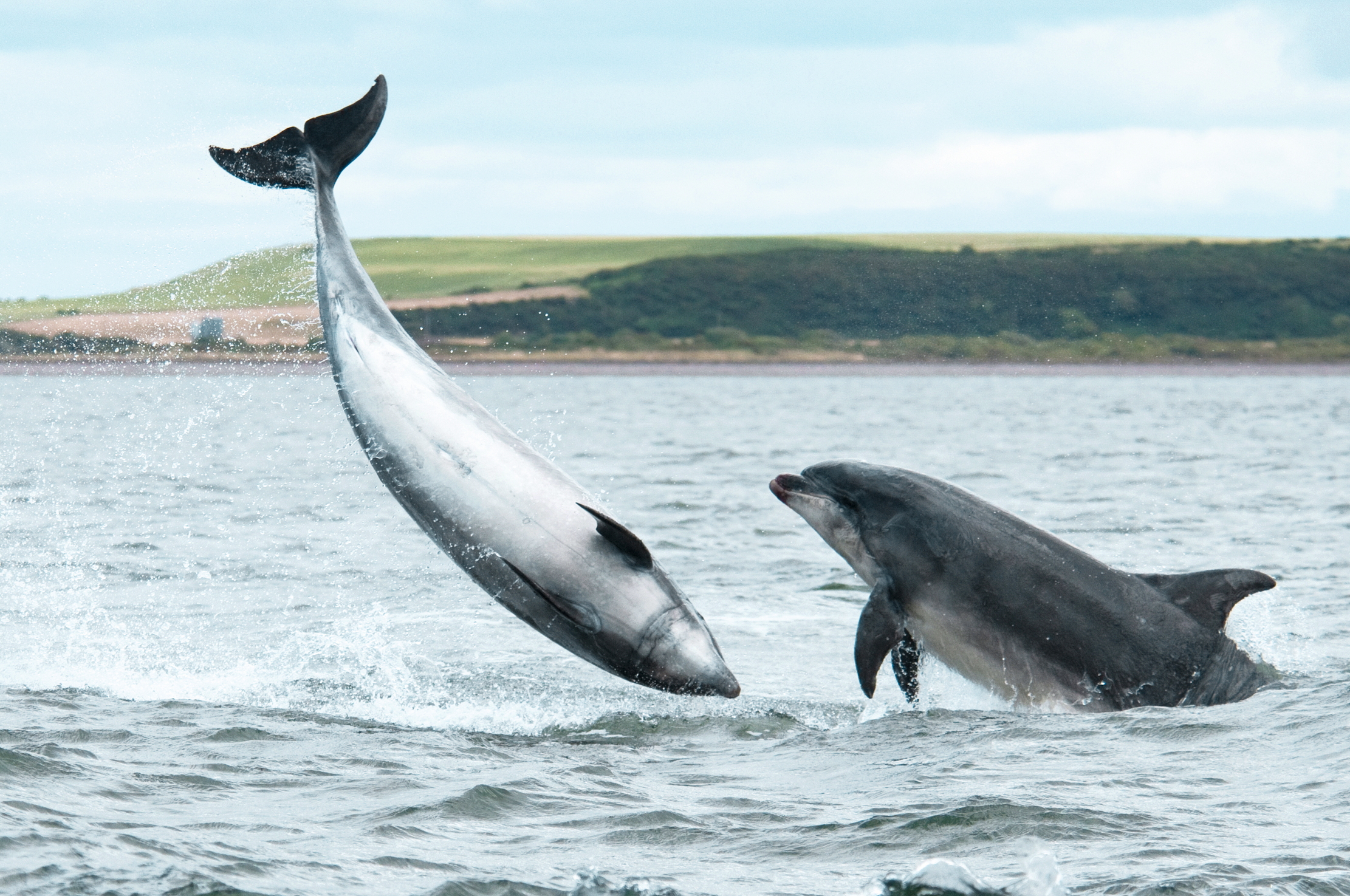 Curious Questions: Why do all of Britain's dolphins and whales belong to the King?
Curious Questions: Why do all of Britain's dolphins and whales belong to the King?More species of whale, dolphin and porpoise can be spotted in the UK than anywhere else in northern Europe and all of them, technically, belong to the Monarch. Ben Lerwill takes a look at one of our more obscure laws and why the animals have such an important role to play in the fight against climate change.
By Ben Lerwill